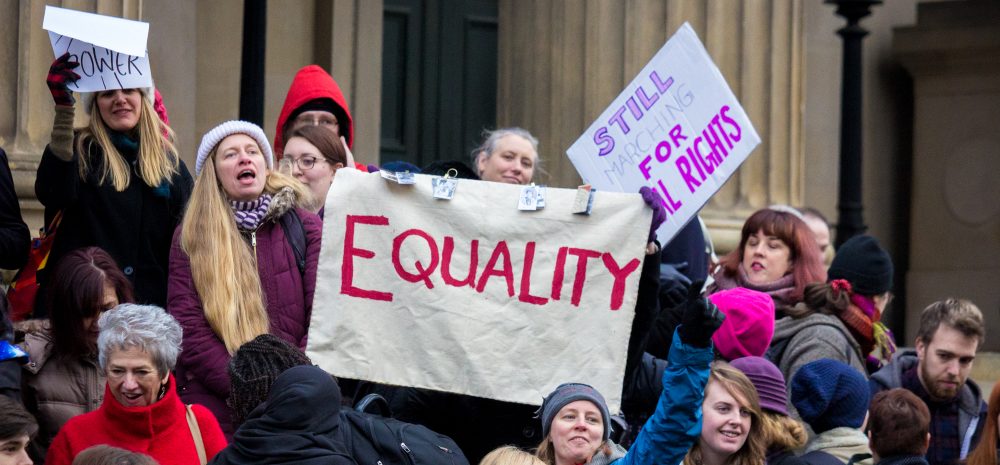
With a General Election on the horizon, it’s perhaps time to take stock of what the current UK Government has in store for disabled people. Earlier this year Rishi Sunak pledged to “look at the eligibility for who is signed off sick” as part of reforms designed to incentivise and reward work through tax cuts. This follow comments by Chancellor Jeremy Hunt, in his November Autumn Statement, stating that work capability assessments would be changed “to reflect greater flexibility and availability of home-working”. In effect, this means that disabled people and those with long term health conditions will have their benefits cut if they can’t find any work they can do from home, or be made to do mandatory work experience. However, the UK Government has only granted workers a right to request flexible working, with no guarantee it will be approved (despite the overwhelming response in their consultation on its Flexible Working Act in 2021 for them to do so). Disability groups and trade unions have also warned that there are not enough remote jobs available. Considering the disparaging comments previously made by Sunak (while Chancellor) and former Prime Minister Boris Johnson about people working from home not being very productive (despite recent data showing it had no impact on productivity), it is clear they have no respect for those who work this way. With another government minister stating that “there is a duty on citizens if they are able to go out to work they should”, disabled people and those who need to work from home do not appear to be seen as true citizens.
However we should not be surprised that the UK government appears to have such a low opinion of disabled people. The pre-Christmas debacle regarding having a Minister for Disabled People epitomises this. When Rishi Sunak did his most recent Cabinet reshuffle, he initially did not appoint a Minister for Disabled People, effectively scrapping this role in the process. After an outcry about from campaigners and many disability charities, Mims Davies MP was eventually appointed as Minister for Disabled People, Health and Work. On closer inspection it became clear that the role has been effectively downgraded as she was kept at the most junior level of government i.e. parliamentary under secretary of state. It should also be noted that this is not a role dedicated solely to disabled people but will sit alongside her existing brief covering social mobility and youth. In the middle of a cost of living crisis, this epitomises the lack of consideration for those who are often the most vulnerable in society. The irony was not lost that this occurred during Disabled History Month and the UN’s International Day of Persons with Disabilities.
In September, we also had the launch of the government’s ‘Ask, Don’t Assume’ campaign. For those who have missed it, its aim was to encourage non-disabled people to be allies of disabled people by listening to them rather than making assumptions about what they want, need or are capable of doing. While it was stated that the campaign was “developed in partnership with disabled people”, it provoked a great deal of criticism. Generally, if a disabled person needs help they will ask for it. People can be incredibly condescending and often judgemental when they ask if you need assistance or about your medical condition. What the government does not seem to grasp is that their narrative of disabled people languishing on benefits exactly fuels the misconceptions, abuse and discrimination that ‘Ask Don’t Assume’ purports to challenge.
With a general election imminent and the main political parties wanting to be ‘tough on welfare’, disabled people are once again bracing themselves for another onslaught of being denigrated, dismissed and disregarded. So, no real change then.
